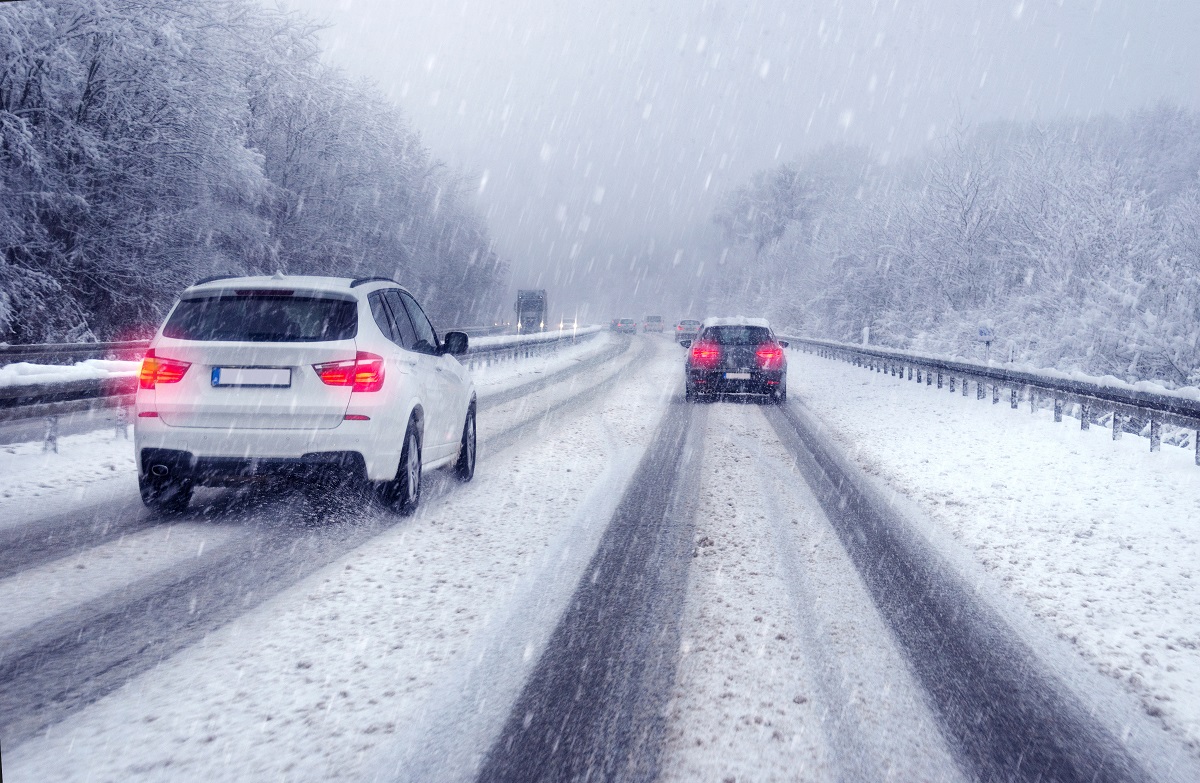As winter blankets the landscape in a serene layer of snow, the season's beauty can sometimes be accompanied by challenging road conditions and unexpected vehicle troubles. Towing emergencies in cold weather can quickly turn a picturesque winter drive into a stressful situation. However, with proper preparation and attention to detail, you can significantly reduce the risk of cold weather towing emergencies. In this guide, we'll explore essential tips to help you navigate winter roads safely and prevent potential towing challenges.
Vehicle Maintenance: Winter-Ready Basics
Before winter sets in, ensure your vehicle is in top condition. Schedule a comprehensive maintenance check, including inspecting the battery, brakes, tires, and fluids. Cold weather can exacerbate existing issues, so addressing them proactively can prevent breakdowns in chilly conditions.
Battery Health: The Lifeblood of Winter Driving
Cold weather is notorious for draining battery power. Test your battery's health and replace it if necessary, ensuring it can handle the demands of winter driving. Keep jumper cables in your vehicle, and familiarize yourself with the process of jump-starting a car in case you or another driver needs assistance.
Tire Traction: The Key to Winter Road Grip
Invest in quality winter tires with proper tread depth for improved traction on icy or snow-covered roads. Ensure your tires are properly inflated, as cold weather can cause pressure fluctuations. Consider carrying tire chains for added traction in extreme conditions.
Emergency Kit: Preparedness Saves the Day
Pack a winter emergency kit that includes essentials like a blanket, extra warm clothing, non-perishable snacks, a flashlight, batteries, and a first aid kit. In the event of a breakdown or towing situation, having these items can provide comfort and safety until help arrives.
Fuel Management: Keep the Tank Topped Up
Maintain at least a half-full tank of fuel during winter. Not only does this prevent fuel line freezing, but it also ensures you have enough fuel to keep the engine running for warmth if stranded. Plan your refueling stops strategically to avoid running on low in remote areas.
Engine Warm-Up: Gentle Start to the Journey
Give your vehicle a few minutes to warm up before hitting the road in cold weather. This allows the engine oil to circulate, providing better lubrication and preventing strain on the engine. Gentle starts help avoid stressing the vehicle's components, reducing the risk of a breakdown.
Antifreeze Levels: Cold-Weather Protection
Ensure your vehicle's antifreeze levels are appropriate for winter conditions. The right mixture prevents the coolant from freezing, safeguarding your engine from potential damage. Check the antifreeze concentration regularly to maintain optimal protection.
Brake System Check: Essential for Winter Safety
A well-functioning brake system is crucial for safe winter driving. Have your brakes inspected, and if necessary, replace worn-out brake pads. A reliable braking system is essential for maintaining control on icy or slippery roads. Plus, it provides peace of mind for any unexpected braking situations.
Stay Informed: Weather Updates and Road Conditions
Before embarking on a winter journey, check weather forecasts and road conditions along your route. Stay informed about potential hazards, closures, or severe weather warnings. Adjust your travel plans accordingly to avoid treacherous conditions.
Know Your Towing Capacity: Stay Within Limits
If you plan to tow a trailer or another vehicle during winter, be aware of your vehicle's towing capacity. Overloading can strain your vehicle and increase the risk of a breakdown. Stay within recommended weight limits and distribute the load evenly.
Slow and Steady: Safe Driving Practices
In icy or snowy conditions, adjust your driving habits to prioritize safety. Reduce your speed, increase your following distance, and avoid sudden movements. These precautions minimize the risk of skidding or losing control, preventing the need for emergency towing.
Cellphone and Charger: Lifelines in Emergencies
Always carry a fully charged cellphone and a car charger. In case of an emergency or towing situation, having a working phone ensures you can call for assistance promptly. Make sure your phone is well-maintained and has essential emergency contact numbers programmed.
Know Your Location: Aid for Emergency Responders
If you find yourself in a towing emergency, knowing your location is crucial. Use GPS or landmarks to identify your position. This information is invaluable for emergency responders or towing services trying to reach you promptly.
Roadside Assistance Membership: A Winter Essential
Consider joining a roadside assistance program before winter begins. These programs offer valuable services like towing, jump-starts, and tire changes. Having access to professional assistance can turn a potential towing emergency into a manageable situation.
Weather-Appropriate Clothing: Dress for the Cold
In the event of a breakdown or towing situation, proper clothing is essential. Pack warm winter attire, including gloves, a hat, and insulated boots. Staying warm while waiting for assistance contributes to your overall safety and well-being.
Contact Gosch Collision For Help During Towing Emergencies
Winter driving poses unique challenges, but with proactive measures and a focus on prevention, you can significantly reduce the likelihood of cold weather towing emergencies. From vehicle maintenance to driving cautiously, taking steps to prevent emergencies is crucial. However, if you do find yourself in a towing emergency, contact Gosch Collision for reliable assistance. Our team of professionals is equipped and ready to help you get back on the road safely. Don't let a winter towing emergency leave you stranded; trust Gosch Collision for prompt and professional service!

